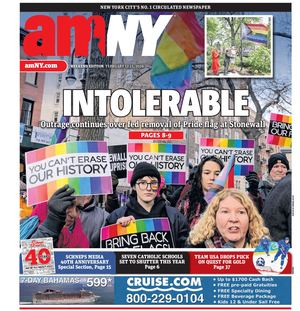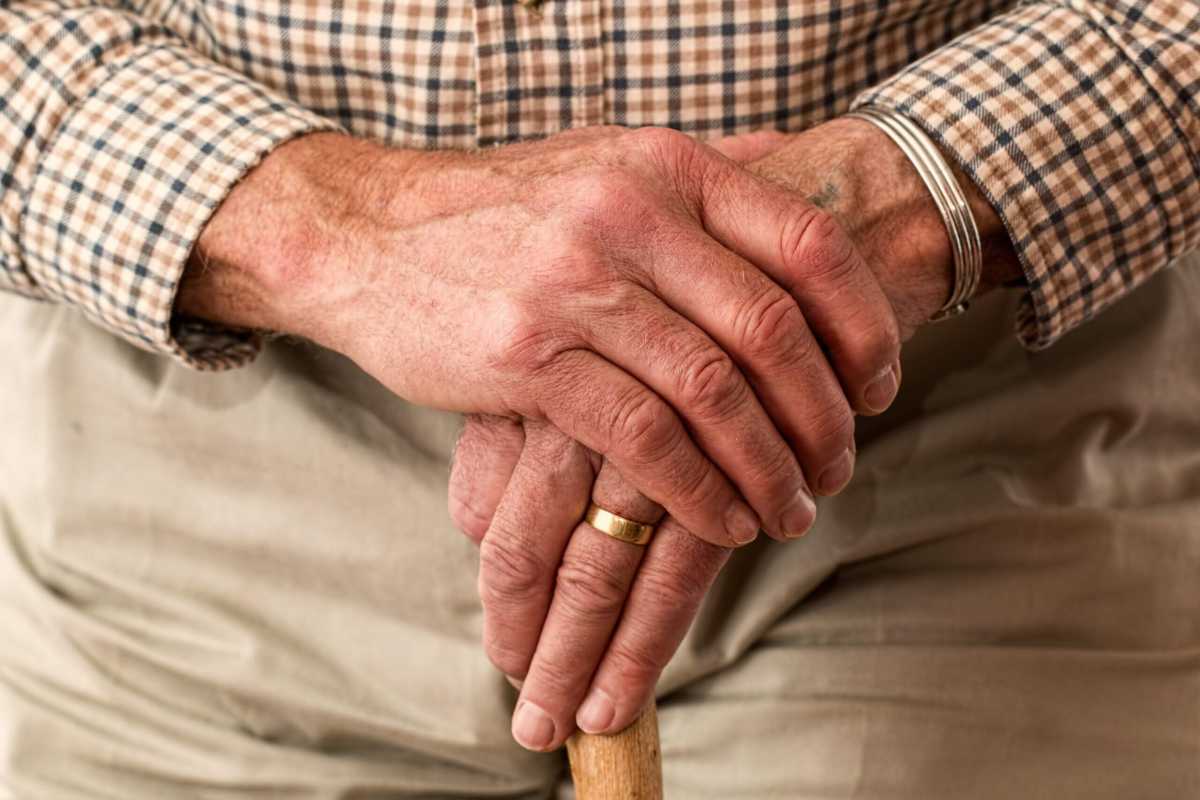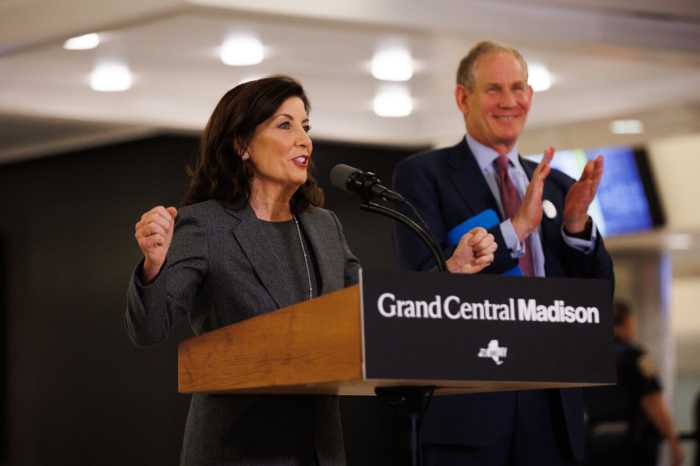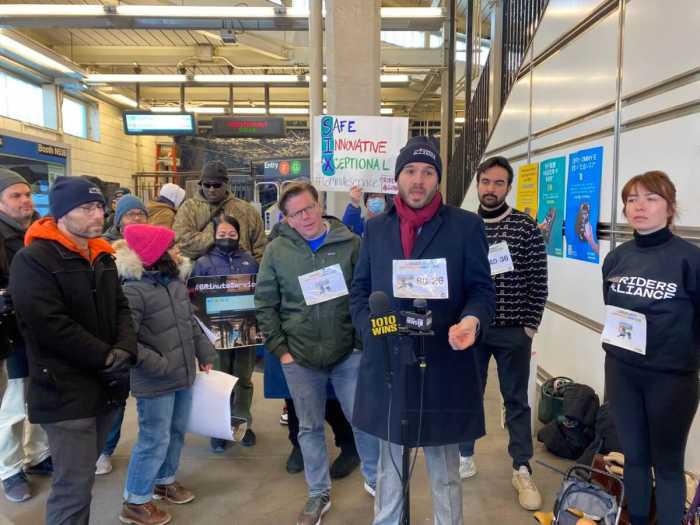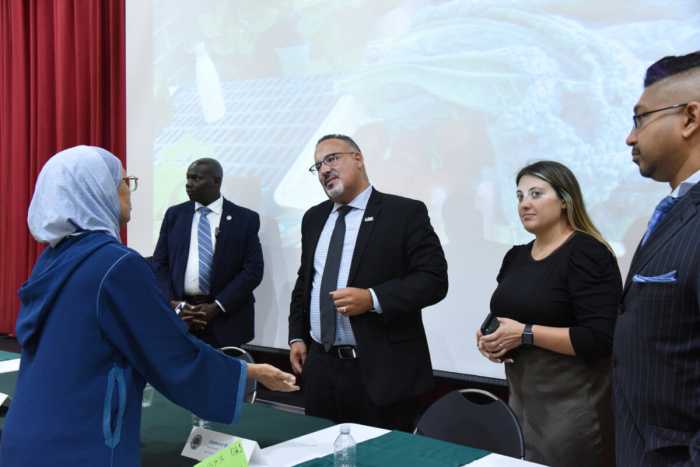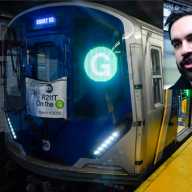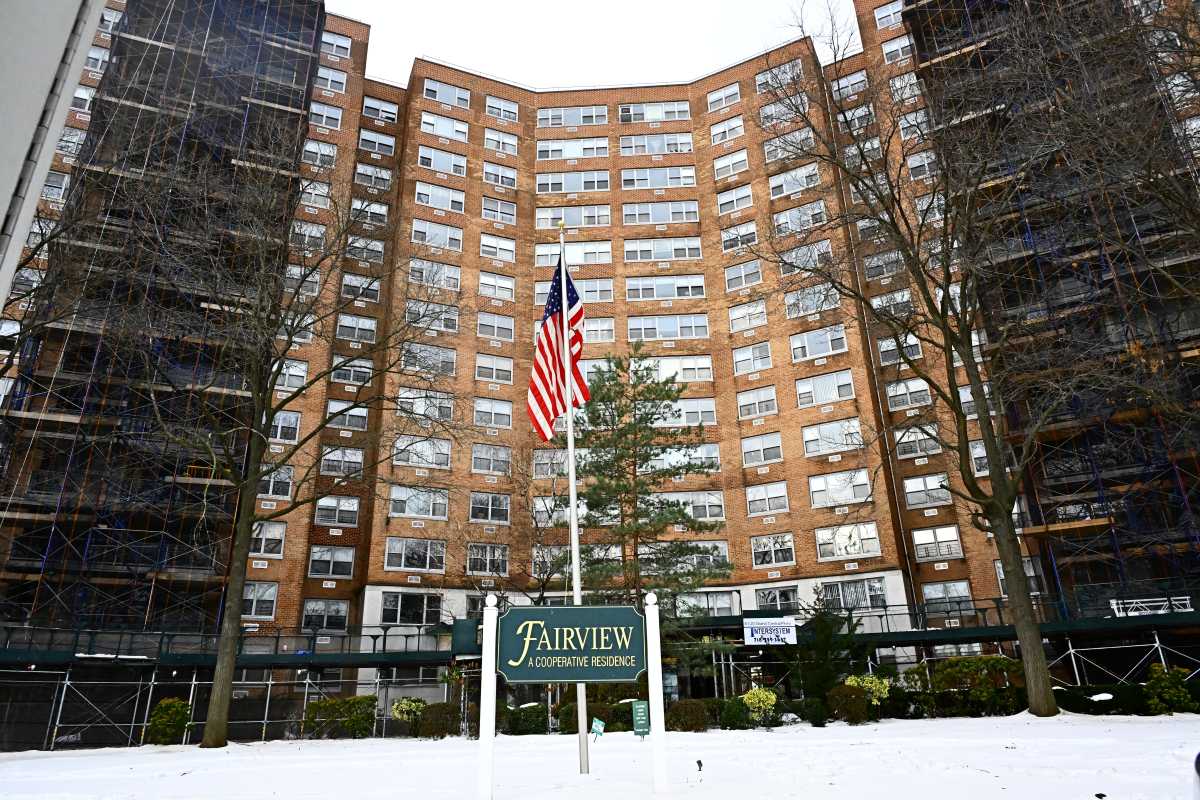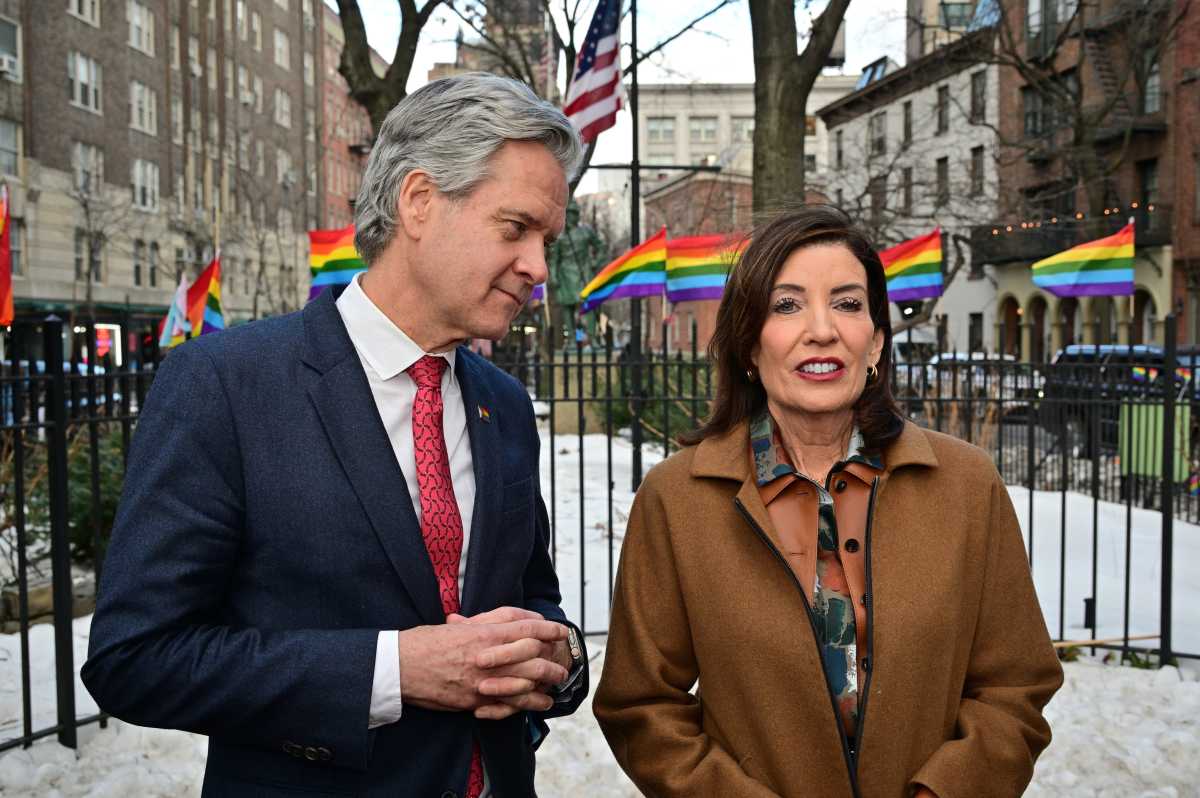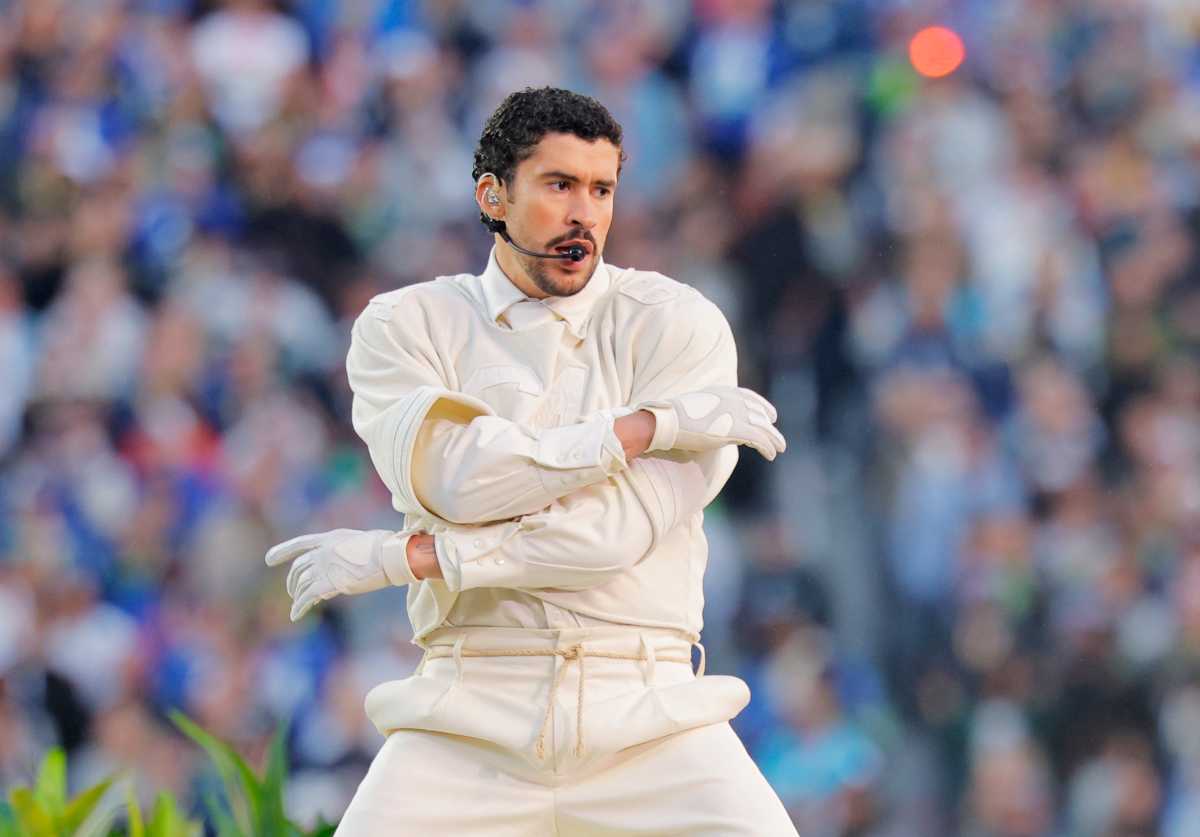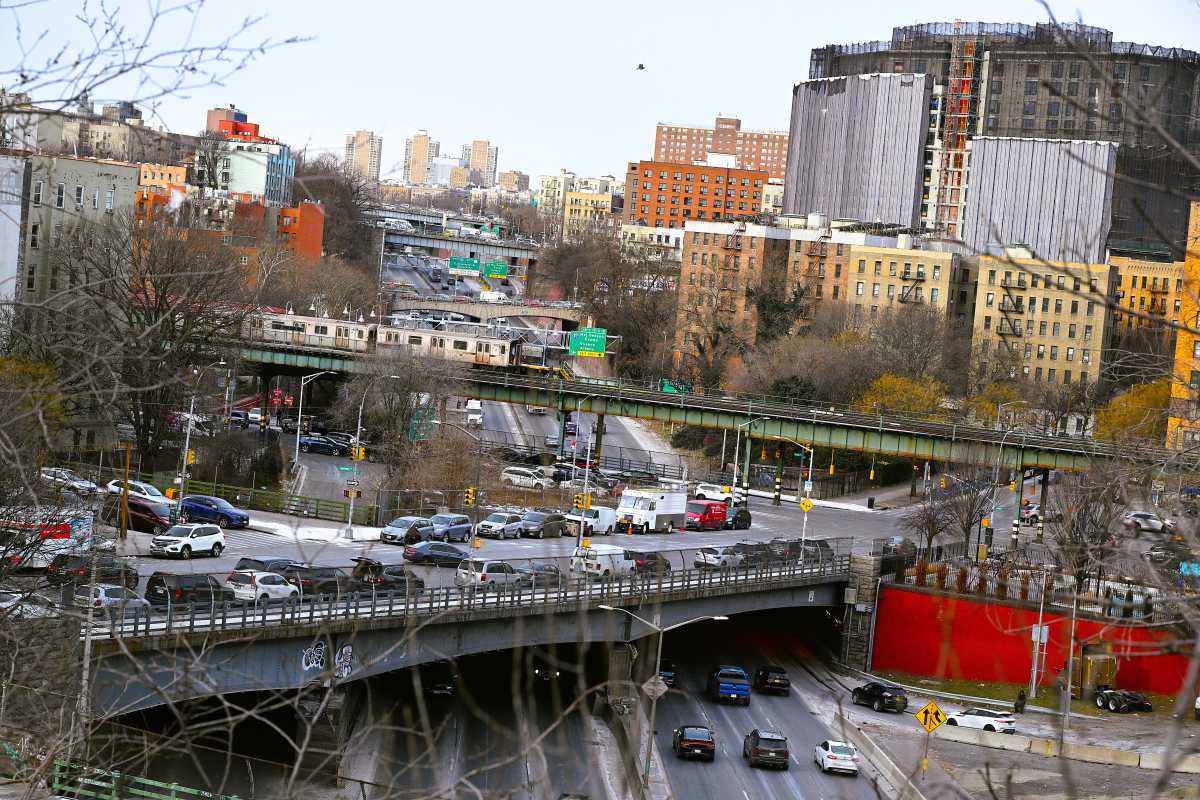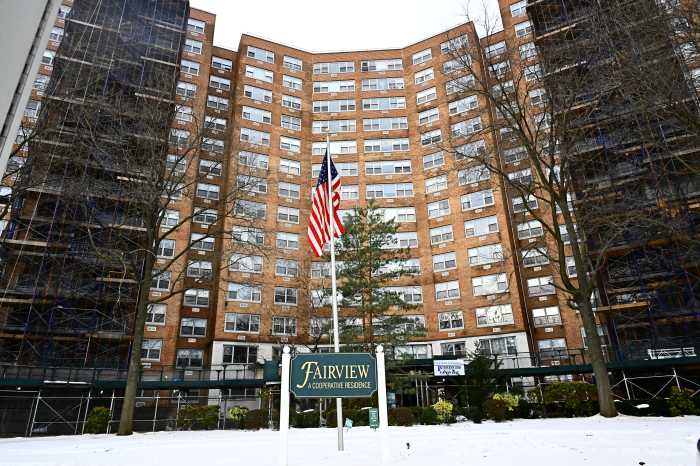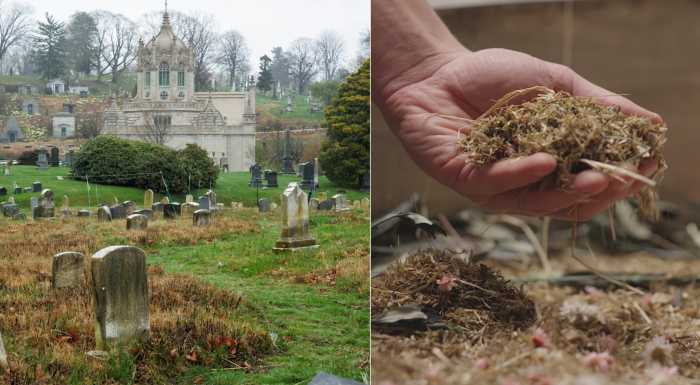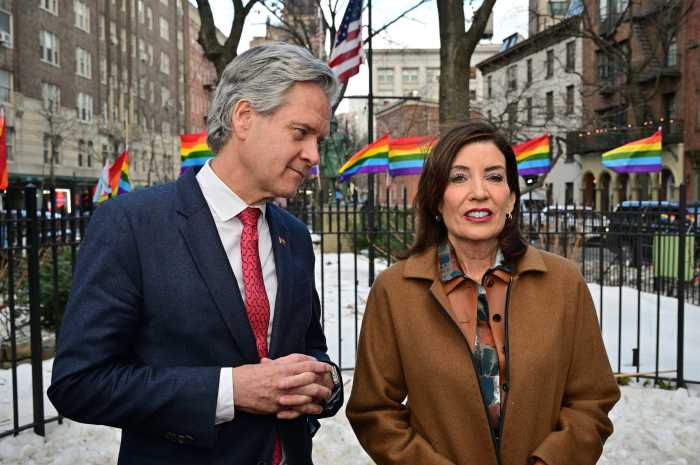The number of older adults in New York City is soaring.
A recent report by the Center for an Urban Future highlights the trends shaping this massive demographic shift. New York City’s 65-and-older age group grew by 36 percent over the past decade. New Yorkers ages 50 and older comprise nearly one-third of the City’s population. Even more striking, the number of older adults living below the poverty line has increased by 37 percent.
These realities call for increased material support for our older neighbors.
However, the Mayor’s proposed budget falls well short of making the needed investments that allow us to ensure our parents, grandparents and other loved ones can live safely and with dignity in the city they call home as they age. The Council is united in efforts to close these gaps in funding.
Despite serving as linchpins to our city’s economy and cultural life, and making up the city’s biggest volunteer base, our older New Yorkers have been left to struggle. More than half spend too much of their income on housing. One in ten is food insecure. And because of the prohibitively expensive cost of medication, too many go without life-saving prescriptions.
The struggles go beyond finances. They include needs for home health care, which allows people to receive care at home, lead independent lives, and access social networks that help them maintain mental and social well-being.
Let us be clear: the Mayor’s proposed budget is wholly deficient in fulfilling these needs.
The city budget must include smart investments that meet the needs of all New Yorkers, and never be balanced on the backs of our oldest neighbors who have contributed immensely to society. They deserve to be cared for as they age and their needs increase. All of us, and the people we love, will require care at some point in our lives.
The Council’s response to the Mayor’s budget was developed after weeks of public hearings and meetings with stakeholders, reflecting New Yorkers’ most pressing needs. It included over $1 billion in restored or expanded investments in critical services provided by city agencies and nonprofit organizations, while responsibly reserving $1.4 billion to protect against budgetary risks. The Council prioritized investments including those for our older adults and is working to ensure these important investments make it into the final budget.
The investment includes addressing housing insecurity by ensuring people can access and use rental vouchers and other housing assistance programs for which they are eligible. These programs help people remain in their homes, but their efficacy has been hampered by inadequate agency support and policies. Our focus has been to remove these barriers impeding housing assistance for New Yorkers, which requires investments to increase staffing, improve processes, and implement systems upgrades to process benefits.
We also are working to ensure that our older adults are not going hungry. The mayor is proposing unconscionable cuts to Home Delivered Meals and Older Adult Care Center Meals programs, citing misleading data that shows decreased demand. His data sources only acknowledge demand for meals consumed in older adult centers, rather than including the full demand that includes ‘grab and go’ meals. Furthermore, with rising food costs, organizations that provide meals to our seniors need more funding to cover the increased costs. The Council is committed to comprehensively increasing food program funding for community-based older adult centers, and home-delivered meals to protect seniors from growing food insecurity.
We are also focused on investing more in our home care and case management services, which help older adults remain safely in their homes rather than being forced to move into expensive institutional facilities. AARP reports that 85% of Americans above 65 years old want to age at home. With the city’s double-digit growth in the oldest segment of the population – those over the age of 85—the demand for home based services continues to skyrocket. The Council’s budget response calls for adding $14.8 million to NYC Aging’s home care program and restored funding to clear the case management and homecare waitlists.
Finally, all of this is not possible without the frontline nonprofit staff who ensure older adults can age in their communities and homes. These care workers, many of whom are women of color, have been grossly underpaid by city contracts; they deserve to be paid equitably for the lifesaving care they provide. That’s why the Council called for doubling last year’s Cost of Living Adjustment for salaries.
We cannot afford to leave our city’s older adults behind in the budget. With the right investments, we can ensure they can lead healthy, safe and independent lives, continuing to make our city stronger.
Adams is the Speaker of the New York City Council and represents District 28 in Southeast Queens. Hudson is Chair of the Committee on Aging in the New York City Council and represents District 35 in Central Brooklyn. Finkel is State Director, AARP New York.
